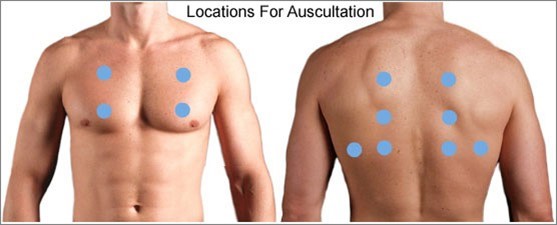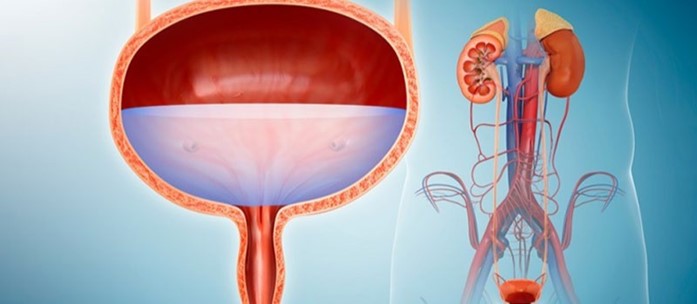The practical nurse (PN) identifies which client behaviors that can increase the client's risk for hypertension? (Select all that apply.)
Drinks a protein supplement for breakfast every day.
Eats eight ounces of nonfat yogurt for lunch daily.
Regularly selects salty snacks to eat in the evening.
Walks briskly for two miles every day after work.
Chews tobacco while playing baseball every weekend.
Correct Answer : C,E
C. Regularly selects salty snacks to eat in the evening: Consuming excessive amounts of sodium (found in salty snacks) can increase blood pressure and contribute to the development of hypertension.
E. Chews tobacco while playing baseball every weekend: Tobacco use, including chewing tobacco, is associated with an increased risk of hypertension and other cardiovascular diseases.
The other choices are incorrect because they do not directly contribute to an increased risk of hypertension:
A. Drinks a protein supplement for breakfast every day: Consuming a protein supplement for breakfast does not necessarily increase the risk of hypertension. However, it is important to note that some protein supplements may contain added sodium, which can contribute to hypertension if consumed in excessive amounts.
B. Eats eight ounces of nonfat yogurt for lunch daily: Eating nonfat yogurt is generally considered a healthy food choice. However, unless the yogurt is high in added sodium, it would not significantly increase the risk of hypertension.
D. Walks briskly for two miles every day after work: Regular exercise, such as brisk walking, is generally beneficial for cardiovascular health and can help lower blood pressure. It is unlikely to increase the risk of hypertension.
Nursing Test Bank
Naxlex Comprehensive Predictor Exams
Related Questions
Correct Answer is C
Explanation
When assessing an older client with left-sided heart failure (HF), the most important intervention for the practical nurse (PN) to implement is to auscultate all lung fields. Left-sided heart failure is characterized by the inability of the left ventricle to effectively pump blood, leading to fluid accumulation in the lungs. Auscultating all lung fields allows the PN to assess for the presence of abnormal lung sounds such as crackles, indicating pulmonary congestion.

In summary, when assessing an older client with left-sided heart failure, the most important intervention for the practical nurse (PN) to implement is to auscultate all lung fields. This allows for the detection of abnormal lung sounds associated with pulmonary congestion, a hallmark sign of left-sided heart failure.
Correct Answer is ["A","E"]
Explanation
A. This is a client care intervention that the PN can assign to the UAP. Transporting a urine culture sample to the laboratory is a routine and non-invasive task that does not require clinical judgment or skill. The UAP should follow the standard precautions and protocols for handling and labeling the specimen.
E. This is a client care intervention that the PN can assign to the UAP. Emptying the bedside drainage unit for a client with an indwelling urinary catheter is a routine and non-invasive task that does not require clinical judgment or skill. The UAP should follow the standard precautions and protocols for emptying, measuring, and recording the urine output.

B. This is not a client care intervention that the PN can assign to the UAP. Obtaining a post-voided residual (PVR) volume is a procedure that requires clinical judgment and skill, as it involves using a bladder scanner or catheterizing the client to measure the amount of urine left in the bladder after voiding. The UAP is not trained or authorized to perform this task, and it should be done by the PN or another licensed nurse.
C.This is not a client care intervention that the PN can assign to the UAP. Teaching the client with fluid restrictions how to measure urine output is an educational activity that requires clinical judgment and skill, as it involves assessing the client's learning needs, providing clear and accurate instructions, and evaluating the client's understanding and compliance. The UAP is not trained or authorized to perform this task, and it should be done by the PN or another licensed nurse.
D.This is not a client care intervention that the PN can assign to the UAP. Irrigating an indwelling urinary catheter for a client with bladder suspension is a procedure that requires clinical judgment and skill, as it involves inserting sterile fluid into the bladder through the catheter to flush out any clots, debris, or bacteria. The UAP is not trained or authorized to perform this task, and it should be done by the PN or another licensed nurse.
Whether you are a student looking to ace your exams or a practicing nurse seeking to enhance your expertise , our nursing education contents will empower you with the confidence and competence to make a difference in the lives of patients and become a respected leader in the healthcare field.
Visit Naxlex, invest in your future and unlock endless possibilities with our unparalleled nursing education contents today
Report Wrong Answer on the Current Question
Do you disagree with the answer? If yes, what is your expected answer? Explain.
Kindly be descriptive with the issue you are facing.
